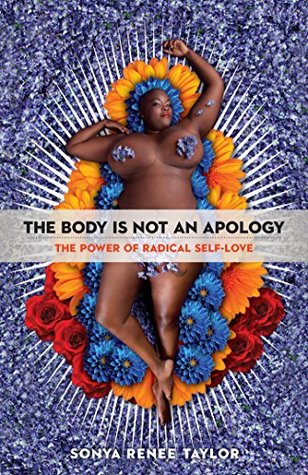More on this book
Community
Kindle Notes & Highlights
When we liberate ourselves from the expectation that we must have all things figured out, we enter a sanctuary of empathy. Being uncertain, lacking information or simply not knowing something ought not be an indictment against our intelligence or value.
Health is not a state we owe the world. We are not less valuable, worthy, or loveable because we are not healthy.
am proposing you do it because it’s making us miserable too. Your children are sad that they have no photos with you. Your teenager is wondering if they, too, will be obligated to hate their body because they see you hating yours.
Making peace with your body is your mighty act of revolution. It is your contribution to a changed planet where we might all live unapologetically in the bodies we have.
we’re in need of a radical love to transform how our world deals with bodies.
Our work must be radical if we are to combat the consistent inundation of toxic media messages, laws, and regulations seeping body shame and body-based oppression into every aspect of our society.
By this point, my hope is that you can see how you and millions of others have been manipulated into a system of body shame. More importantly, I want you to know that this system is destructible, and the fastest way to obliterate its control over us is to do the scary work of tearing down those pillars of hierarchy inside ourselves.
Theodore Roosevelt is famously quoted as saying, “Comparison is the thief of Joy.” He was totally right! Go get your joy back!
is to look directly at the source of the fear and assess if we are truly in peril or if we are simply afraid of the unknown.
The only way out of the fog is through it. We must dive into the unknown, trusting that our bodies will help us discern fear from danger.
“Three,” Nayyirah Waheed captures the fullness of the second pillar in five perfect lines: “and i said to my body. softly. / ‘i want to be your friend.’ / it took a long breath. / and replied / ‘i have been waiting my / whole life for this.’
non-normative brains. Let’s stop telling people to “get over it” and start asking, “How
can I help you heal?”
If I were free of shame or discomfort, what might I say about my body? 2. If I were unafraid of failure or disappointment, what would I do right now?


